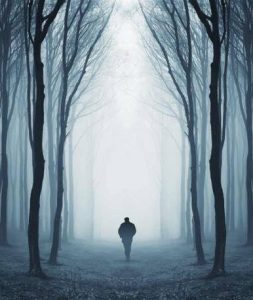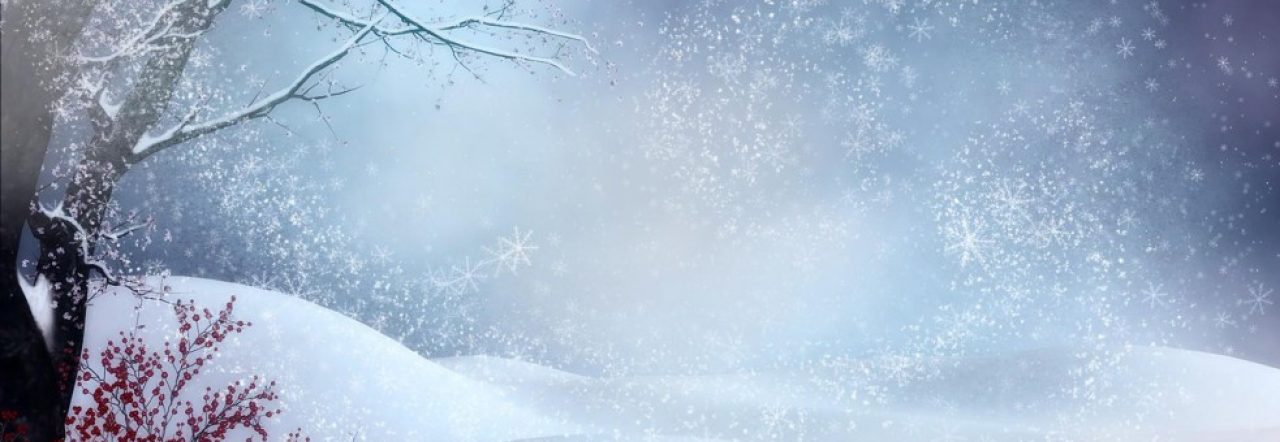My younger daughter went off to college this fall, and in preparation, we spent the last year making sure she’d read just about everything high-schoolers (she unschooled at home) were “supposed” to have read, in combination with what her parents were determined she should read, combined with what she herself was going to read or die trying (Terry Pratchett, Harry Potter, etc.; who is it who gets to say what’s good literature anyway?). On one title–at least one–the schools and I were in agreement that she should read a book called The Chosen by Chaim Potok. Earlier in my life, I had read most of his books, and although they were never the most enjoyable books I ever read, his writing is spare and elegant and I attribute him with much of my education about the Jewish religion and its psychology, past and present. And he can really tell a story. I do love a good story. In fact, while others are good at textbooks and studies and documentaries–and can even learn from them–with me, it’s like pulling teeth. Just tell me a story. I’ll get what goes along with it. Well, it makes sense, doesn’t it, that the way human beings learn, coexist, pass on knowledge, and be in relationship is through telling stories. Ever since the first crude drawings were scratched on the wall of a cave, we’ve needed to create a narrative for ourselves and others, to explain–to ourselves and others–what’s happening. Perhaps the gene “they” now say is the God Gene is quite close to one that ought to be called the Meaning gene. We want our lives to mean something. We want all this not to be just a huge cosmic happening that is randomly generated from some prodigious energy event. Either one of these alleged genes can potentially cause us a lot of trouble, because our primal tendency is to want to believe someone is running the show, this being one of the first things we attribute meaning to: maybe it should be called the Parental Responsibility gene. Certainly we are wired for that one, because we survive our childhoods through our parents’ compulsion to be responsible for us…and our innate programming that says they are our first gods. Ultimately, this kind of thinking needs to be modified, because we twist this concept way out of shape one way or another as adults: either we want to believe God is all responsible for whatever happens (thus relieving us of responsibility), or we want to take the place of God in the lives of another, or many others. Sometimes this latter tendency displays itself in catastrophic proportions.
All of this brings us back to The Chosen, of course. I loved it when I read it as a teenager, read several others and then moved on to other things. When it occurred to me that my daughter would do well to read it, she loved it too, which led us to collect his other books. Do you ever want a copy of a book you’ve read just because you want it on your bookshelf when you die and feel better for having it there meantime? I do. But I digress, as often happens.
We spent a good bit of the summer reading Rabbi Potok’s books, and of course discussing The Great War. For those of us in this era, this unimaginably horrible event illustrated for us the darkest realms the human spirit can possibly descend into. How can we imagine human beings performing such acts as were performed over and over in that time, not just willfully, but often blindly? How did we live through it, even if we were relatively “untouched” by it? In fact, perhaps no one is ever untouched by anything that happens: if it is true that the world soul is a collective one with delusions of separation–a theory I buy into, anyway–we didn’t. And now that we have, what do we do with the knowledge we’ve gained, a knowledge too vast and terrifying for most of us to grasp, the knowledge of what we–the world soul–are capable of? Well, it’s general knowledge what part of us is doing with that knowledge which is, in the end, not new knowledge at all. Freud was right:
I have found little that is “good” about human beings on the whole. In my experience most of them are trash, no matter whether they publicly subscribe to this or that ethical doctrine or to none at all. That is something that you cannot say aloud, or perhaps even think.
Perhaps he overstated it, and perhaps there’s another side to this particular issue; but I, personally, am not at all happy about being a human being who is, for instance, an American in this day and time. The phrase “ugly American” truthfully fits every one of us in terms of what we have kept our heads in the sand and allowed to happen to ourselves and the world. How can we do this? Part of me wants to say, “well, it’s not me, it’s “them,”” but I made no attempt other than my usual grousing to stop “them” from doing it (well, I suppose a vote still counts…barely.) But then I am forced to recall Heidegger’s “they-self” in Being and Time, that points out how we are all prone to attribute whatever we don’t wish to take responsibility for in the world to “them,” rather than acting from our own unique potentialities. “They” say this, “they” say that”…. “It’s a proven fact,” we say glibly, having not the slightest idea of who proved it, or how, or why or when or even if. And so we continue to unthinkingly destroy all that we say has meaning to us.
Ah, but wait: I am supposed to be a believer. As I lay in bed last night, having just finished Old Men at Midnight, Potok’s collection of novellas about several people’s memories of war, I thought, what is there to be happy about, in such a terrible world? Rabbi Potok himself makes an excellent stab at providing the answer(s) to that, and as he lost his entire family to the war (103 members, all told), he had good reason to try to find an answer, to try to make meaning out of a horrific nightmare. I have yet to read everything he wrote before he died, but as far as I know, even he found the answer in religion, but he answered the question with open eyes, and to my knowledge never drew a final conclusion as to whether what got him through the night was true or, simply, reassuring. Yet the determination of his characters to assimilate what kept them sane must reflect his own will to meaning (Frankl).
And as I continued to lie in my bed feeling profoundly sad, feeling the pain of the world and unable to come up with a single reason to put it out of my mind, I thought about my own individual experiences of pain, or trauma, of lack, nothing at all like what these people lived through, and I saw clearly that there was no answer. Except…well, except the sound of the wind in the trees and my down comforter and the snores of my dog, who lies faithfully beside my bed at night because that’s where he wants to be, and it occurred to me that just as there is pure evil, there is pure…purity…and that despite the huge pits dug so that starved and tormented human corpses (some of them still alive!) could be thrown into them randomly, hiding them from the eyes of their perpetrators, there are, moment to moment, times when the sun shines out between the clouds, hitting me right between the eyes and reminding me of home, and there are acts of kindness that I have the opportunity to perform and witness, and occasionally I hear an excrutiatingly funny joke and am able to laugh real laughter, and the coffee was good this morning, and…well, I would not even dream of saying this makes it all worthwhile, because it doesn’t and never will. But I have the opportunity to plumb the depths of both joy and pain and become what these want me to be, and I am infinitely grateful for all who went before me and showed me the way. And even that doesn’t make it okay, but for some reason, it seems to keep some of us going.
Though frosts come down
night after night,
what does it matter?
they melt in the morning sun.
Though the snow falls
each passing year,
what does it matter?
with spring days it thaws.
Yet once let them settle
on a man’s head,
fall and pile up,
go on piling up—
then the new year
may come and go,
but never you’ll see them fade away. –Ryokan


I have come to a similar conclusion in my life, that a decent cup of coffee, the companionship of a good woman and a sweet little dog is about all I’m going to get when I look for meaning, for a reason good enough to have lived. But then I’ll hear the tinkling sound of falling water and see a little pine tree moving in a breeze too slight to be felt, as if the tree is dancing to its own inner music. I hear a voice that I know is mine but I don’t own, saying something reassuring. Is it some deeper part of my own self patting me on the back to get me back to sleep? Or is it some deeper intelligence beyond my ownership saying, Wake up.”? I have to wait and see.
Pir Vilayat often spoke of the ragged dervish who could be heard pounding on one’s door in the middle of the night, exhorting us to awaken. Somewhat conversely, Inayat Khan wrote “The Message (of spiritual liberty/universality) is a call to awaken to those who are meant to awaken, and a lullabye to those who are still meant to sleep.”
Very instructive to me. Thank you.